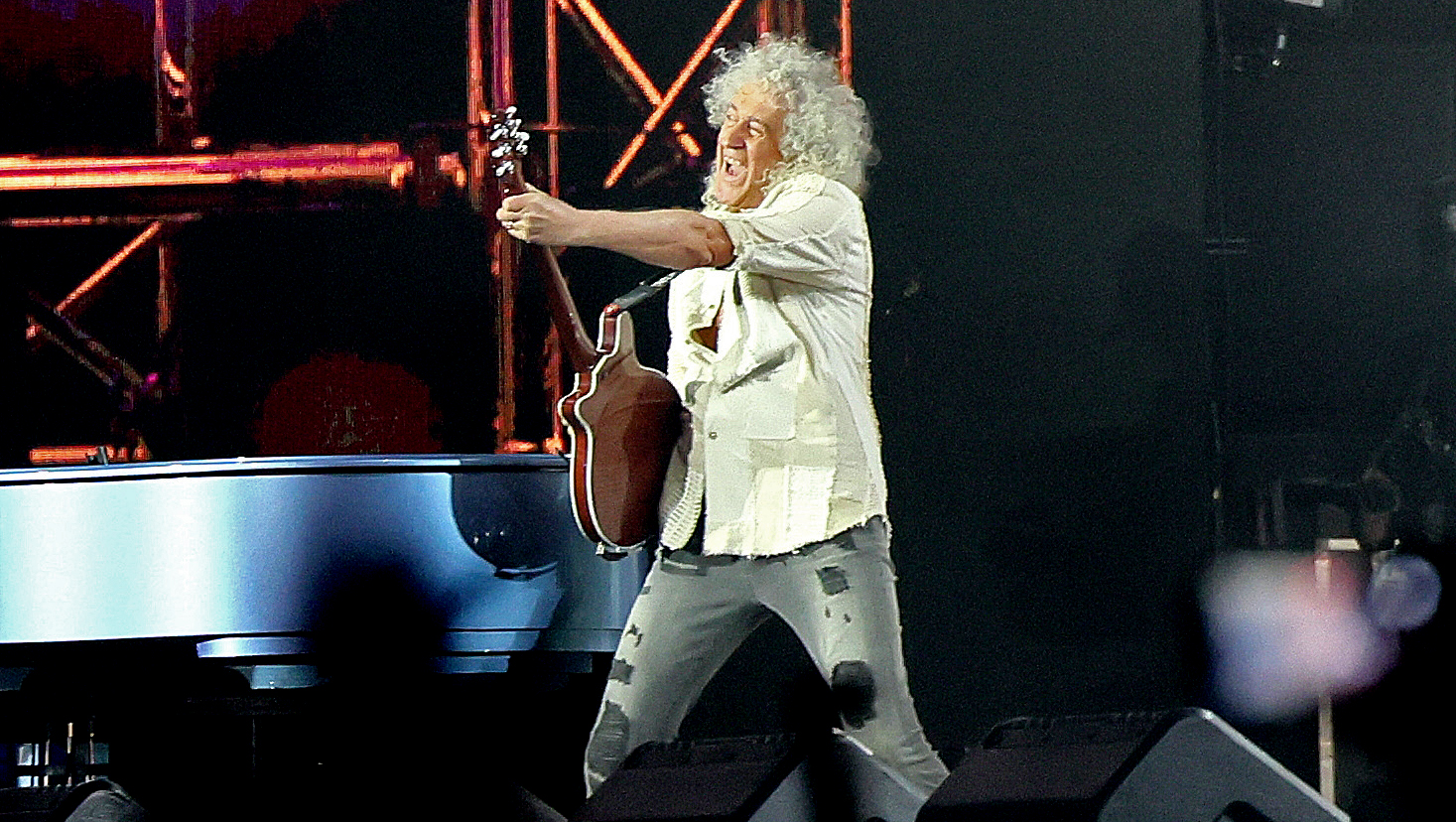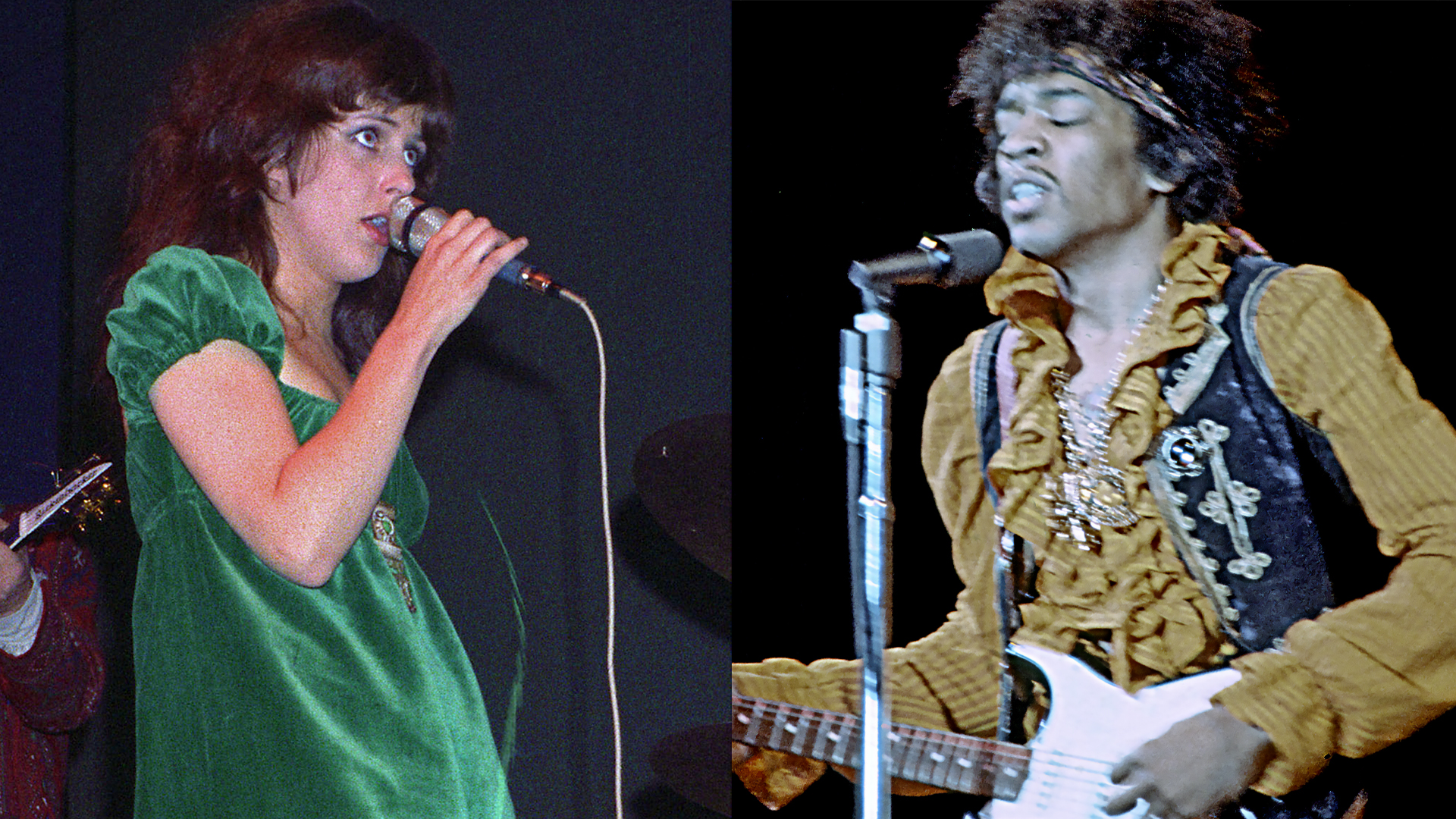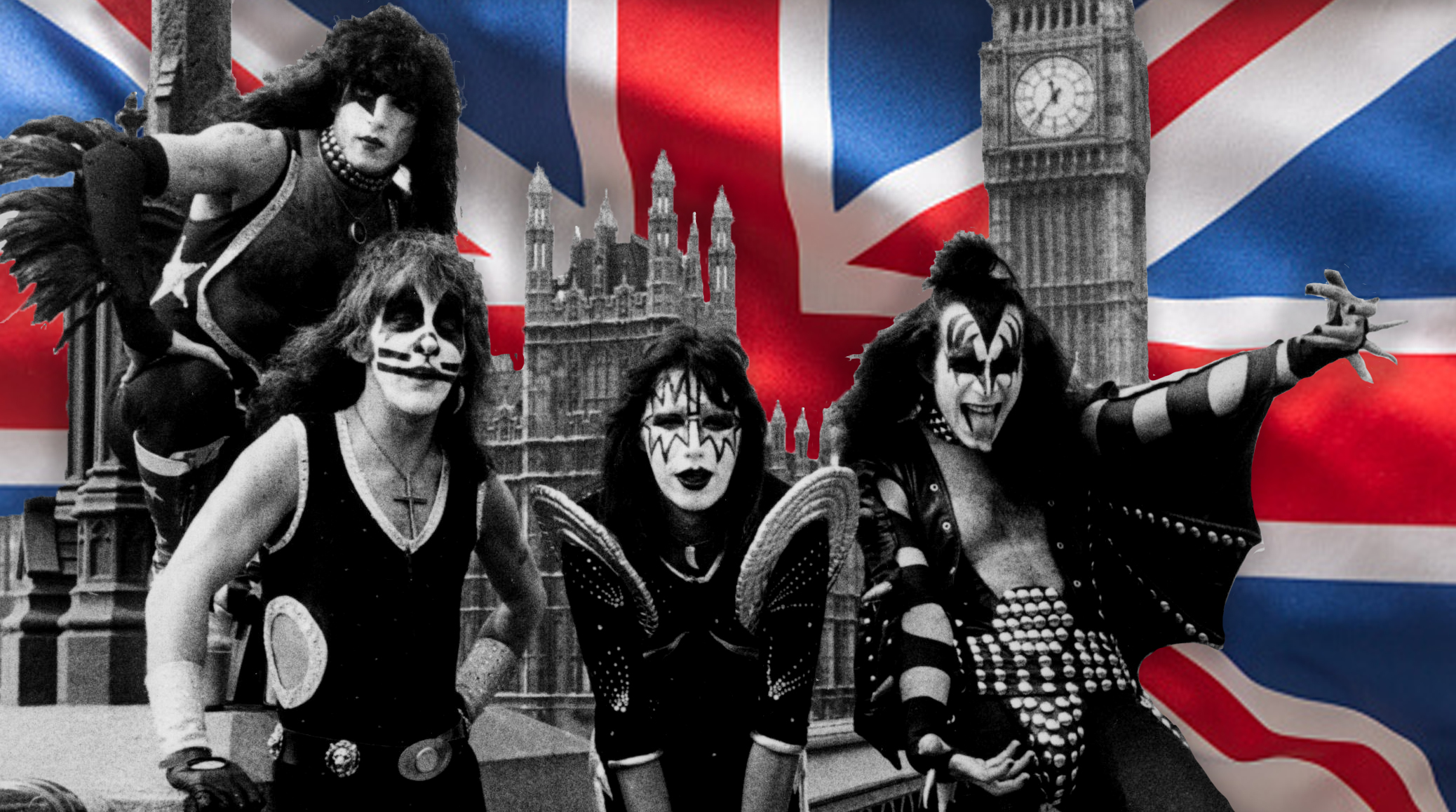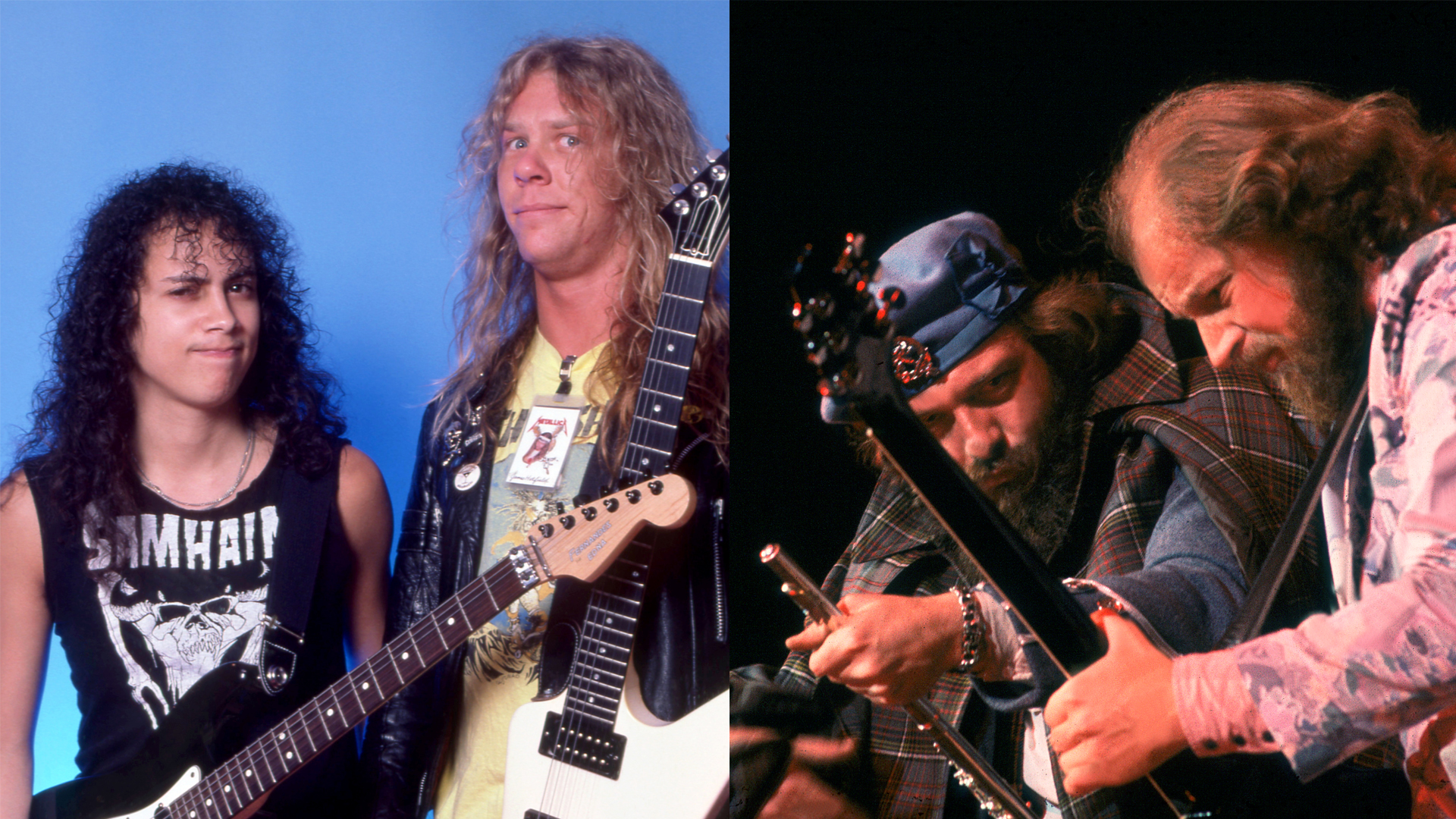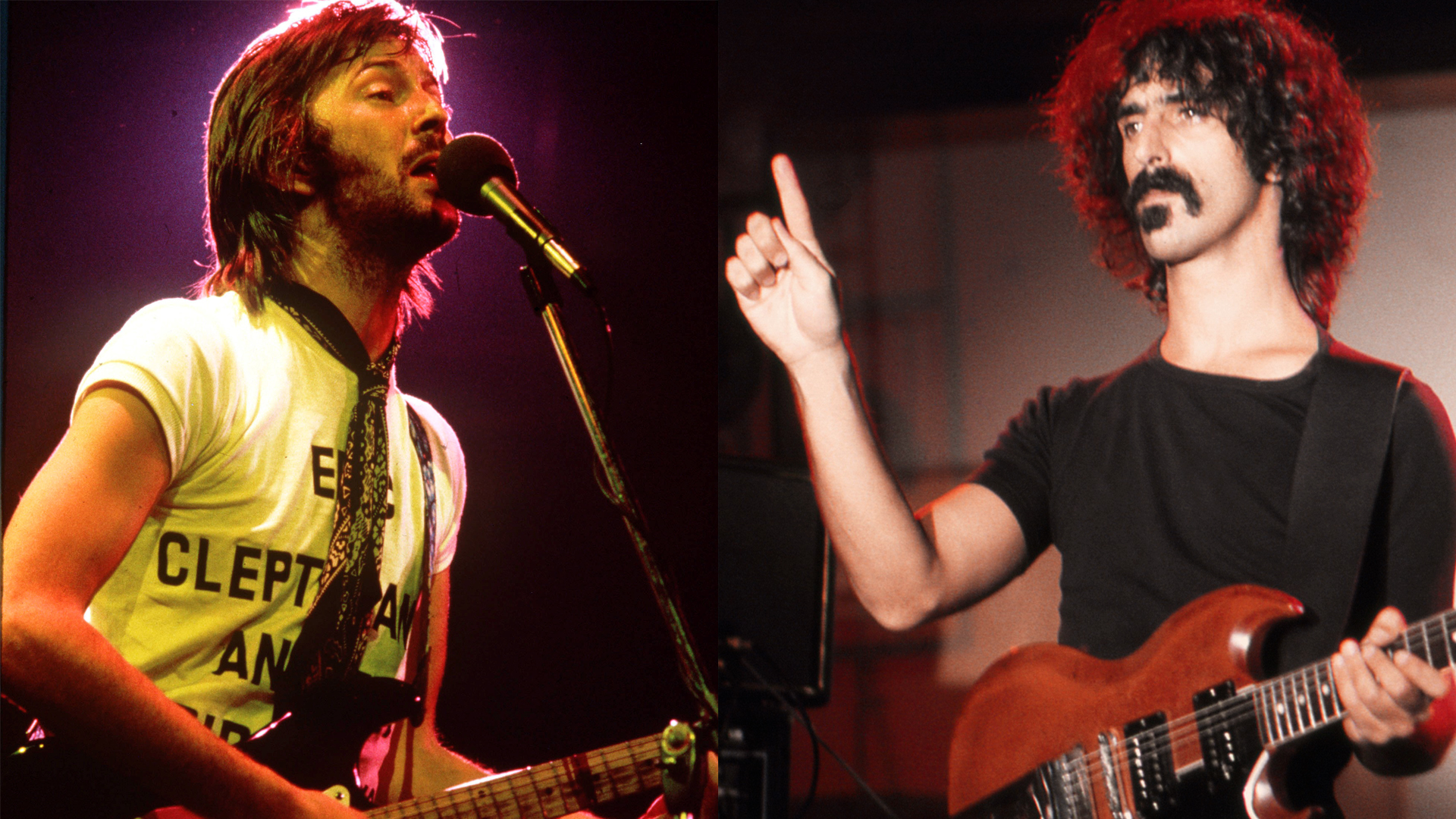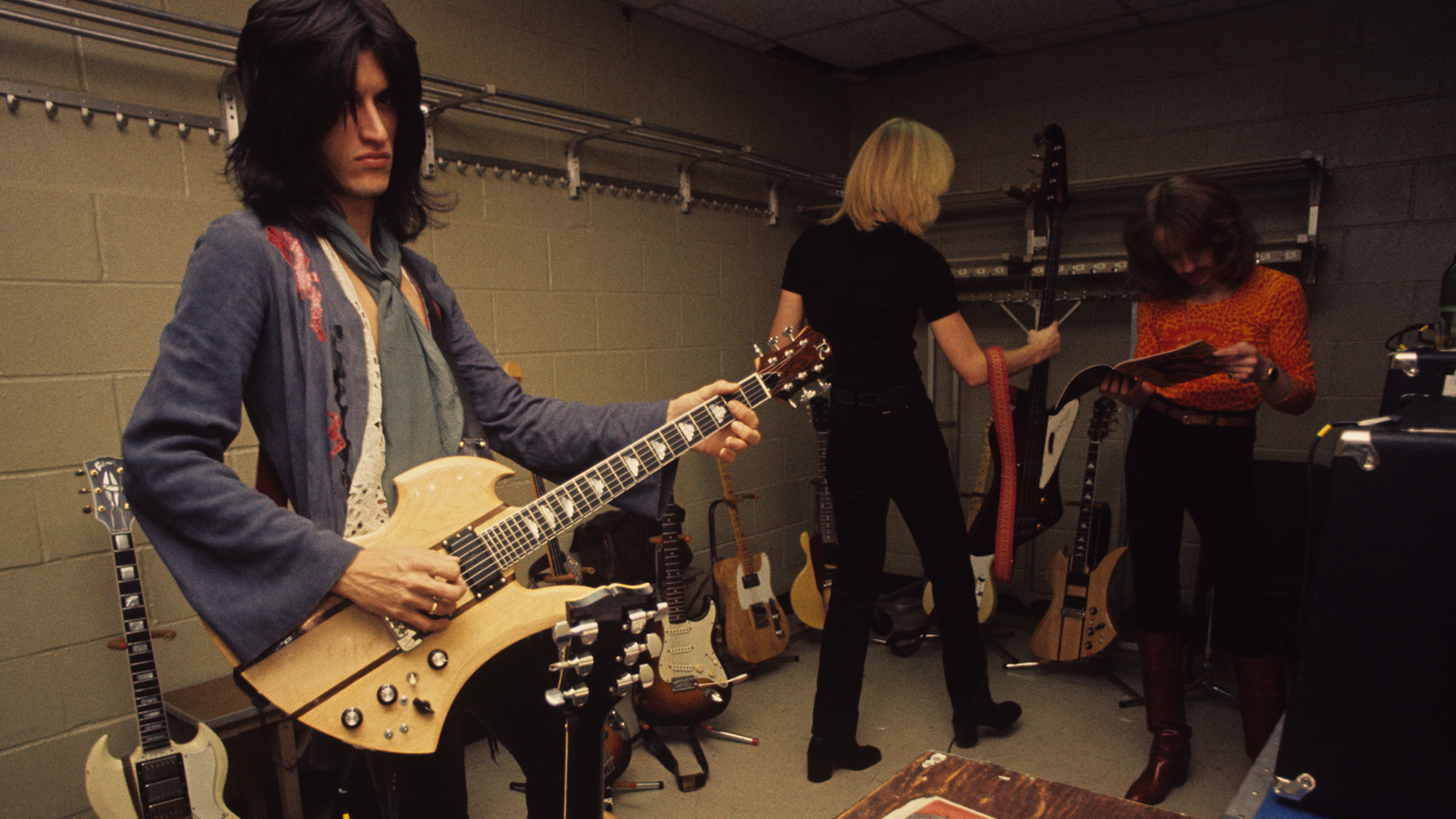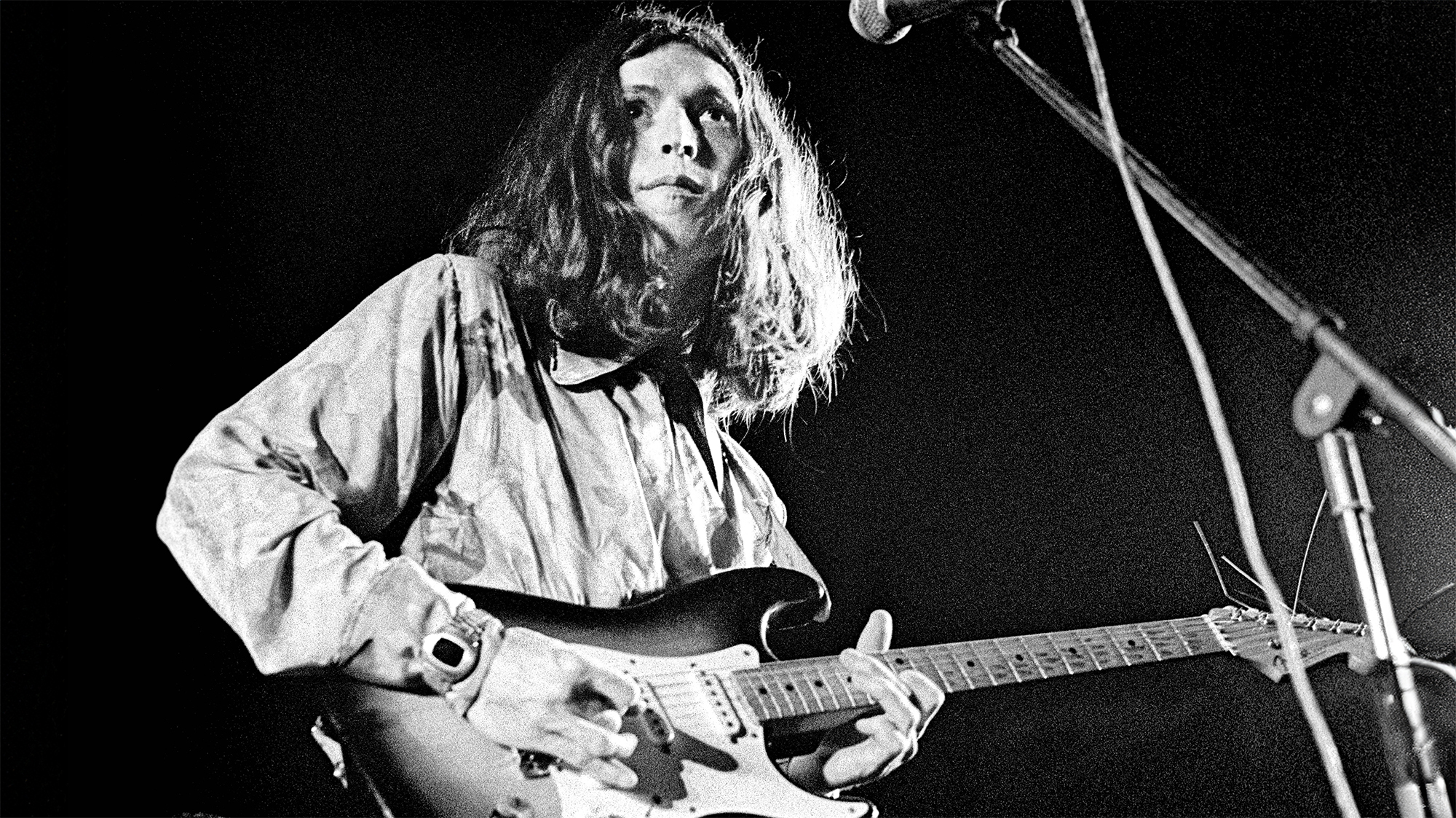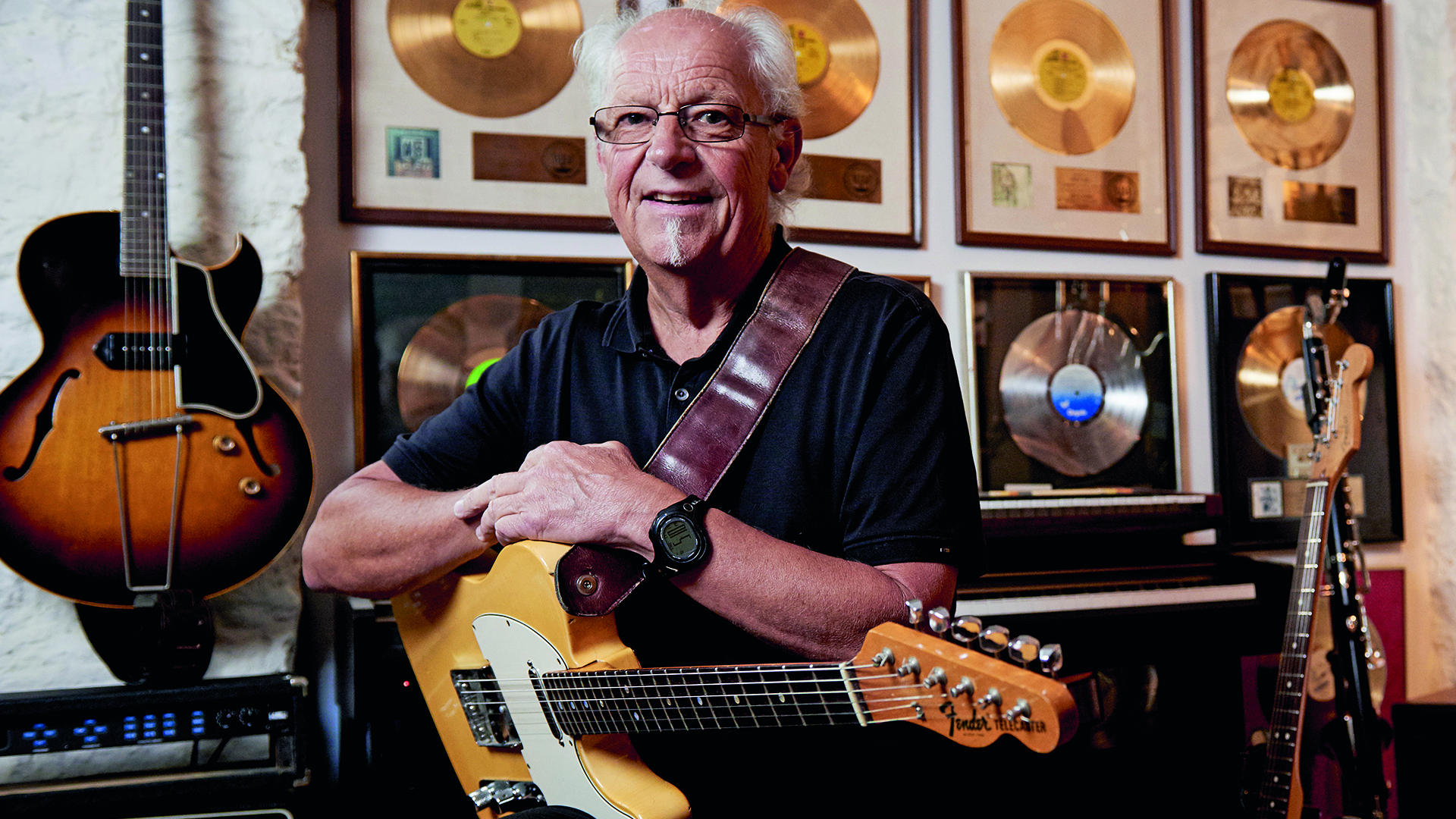“Thank you for rescuing me from oblivion and giving me the courage and enthusiasm to express myself without fear or limit”: Tributes pour in for “champion of the blues” John Mayall
The guitar world has been flooded with touching tributes to the late blues legend, with Joe Bonamassa leading the line with a poignant reflection on his legacy
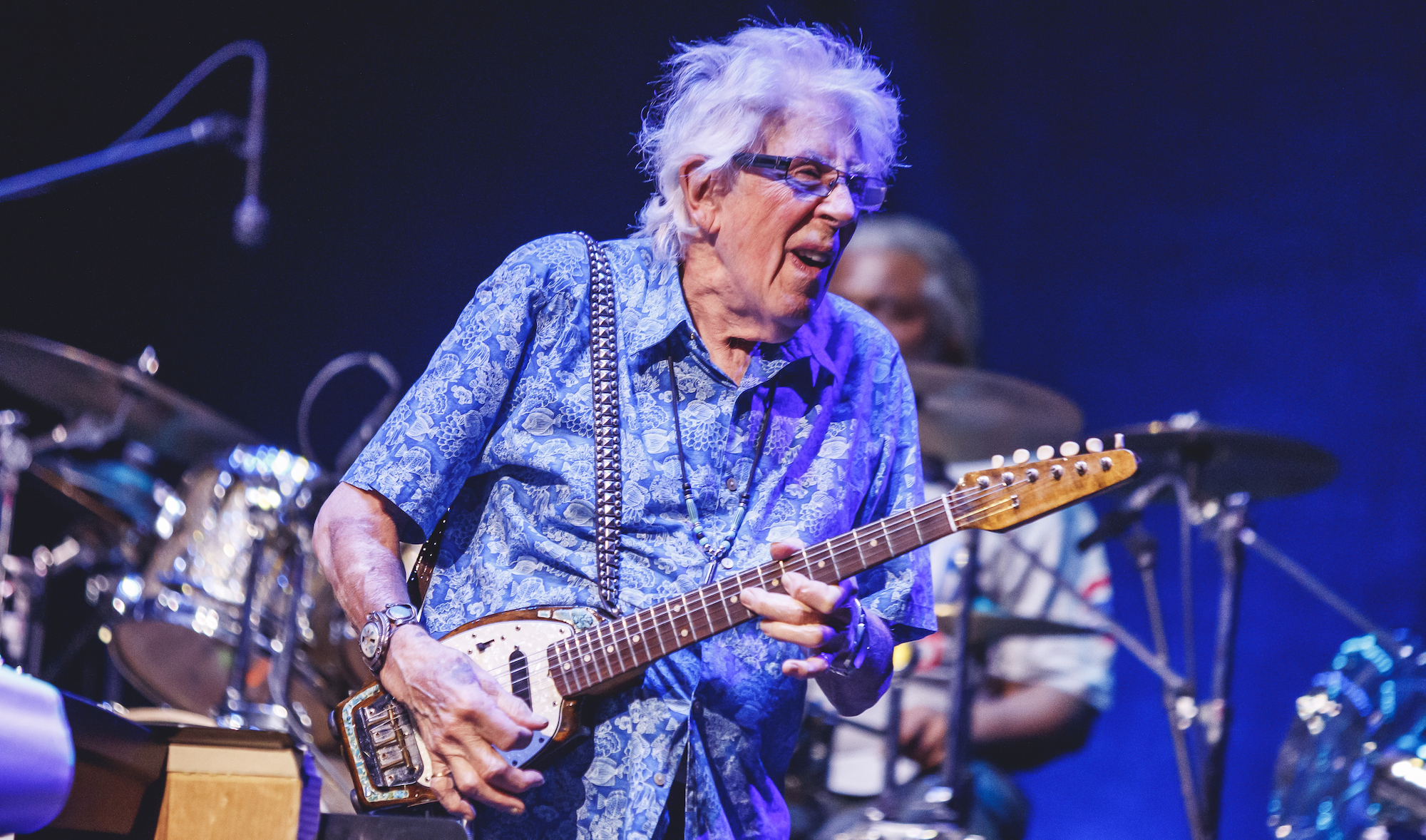
Some of the world's biggest and best guitar players have taken to social media to salute John Mayall after it was announced the blues legend had passed away at 90.
Though his work with the Bluesbreakers is perhaps best known for launching the career of a litany of household names, a surge of heartfelt tributes have instead remembered the man himself; his talent, and the legacy that he’s left behind, which extends far beyond shining the limelight on others.
Mayall produced more than 50 albums across a tireless 60-year career, with A Hard Road (1967), USA Union (1970), and Back To The Roots (1971) a trio of highlights.
His magnum opus, however, will always be 1966’s Eric Clapton-powered Blues Breakers: John Mayall with Eric Clapton (AKA The Beano Album).
Joe Bonamassa, a blues guitar luminary in his own right, reflected on the importance that album held for generations of guitarists in a poignant Instagram post.
“I loved this man. I loved this man's music,” he said. “Any suburban white kid at all interested in the blues from the 60s, 70's, 80's, or 90's learned to play guitar from the 'Beano' album.
“John's importance in music is as profound as the guitarists he hired. Yes, he employed Eric Clapton, Peter Green, Mick Taylor, Mick Fleetwood, Mickey Waller, Andy Fraser, Walter Trout, and countless other legends of the blues with The Bluesbreakers, but there is something more though than just his musical legacy.
Get The Pick Newsletter
All the latest guitar news, interviews, lessons, reviews, deals and more, direct to your inbox!
“He was a wonderful guy that changed the game for all of us, made us all smile and appreciate the blues and the work ethic that is required to be a lifelong touring musician.”
A post shared by Joe Bonamassa (@joebonamassa)
A photo posted by on
A teary Eric Clapton took to Instagram to say a few words about his friend, John, who famously brought Clapton into the Bluesbreakers after he had left the Yardbirds and was on the brink of giving up on music.
“I want to say thank you, chiefly, for rescuing me from oblivion and god knows what when I was a young man when I decided I was going to quit music,” he says, the emotion wavering in his voice.
“He found me, and he took me into his home and asked me to join his band. I stayed with him and learned all I have to draw on today in terms of technique and desire to play the kind of music I love to play. I did all my research in his home, in his record collection.
“[Playing in his band] was a fantastic experience. He was my mentor and a surrogate father. He gave me the courage and enthusiasm to express myself without fear or limit.”
A post shared by Eric Clapton (@ericclapton)
A photo posted by on
Walter Trout, who – as Bonamassa alludes to – featured in a later iteration of the Bluesbreakers, paid homage to a man who “will always be my musical mentor,” saying: “We just lost a giant. I loved him like a father, and I always will.”
Mick Jagger also paid his respects. Taking to X, the vocalist underlined the role Mayall’s Bluesbreakers played in the legacy of the Rolling Stones.
“He was a great pioneer of British blues and had a wonderful eye for talented young musicians,” he said, “including Mick Taylor – who he recommended to me after Brian Jones died – ushering in a new era for the Stones.”
His bandmate Ronnie Wood called Mayall “an important figure in the English blues scene” who “nurtured the talent of many great guitarists”. He concluded his tribute by saying that the Macclesfield-born musician was “a walking encyclopedia of American and English blues and a musical trailblazer for all of us.”
So sad to hear of John Mayall’s passing. He was a great pioneer of British blues and had a wonderful eye for talented young musicians, including Mick Taylor - who he recommended to me after Brian Jones died - ushering in a new era for the Stones. pic.twitter.com/mn0sAu4oI3July 24, 2024
Progressive rock legend Steve Hackett called Mayall “a true champion of the blues,” in his tribute, saying that “he remains a huge inspiration to me and a legion of other musicians.”
Black Sabbath bass player, Geezer Butler, meanwhild echoed a sentiment that is as true for heavy metal pioneers Black Sabbath as it is for numerous other bands.
“Sad to hear of John Mayall’s passing,” he says. “His album with Eric Clapton as the Bluesbreakers inspired tons of British bands.
“Safe to say without that album there probably wouldn’t be a Black Sabbath and definitely not a [pre-Sabbath iteration] Polka Talk Blues Band! RIP John Mayall, thanks for the inspiration.”
The Rock and Roll Hall of Fame – a pantheon of greats he will be inducted into later this year – called him, simply, the “godfather” of the blues.
A freelance writer with a penchant for music that gets weird, Phil is a regular contributor to Prog, Guitar World, and Total Guitar magazines and is especially keen on shining a light on unknown artists. Outside of the journalism realm, you can find him writing angular riffs in progressive metal band, Prognosis, in which he slings an 8-string Strandberg Boden Original, churning that low string through a variety of tunings. He's also a published author and is currently penning his debut novel which chucks fantasy, mythology and humanity into a great big melting pot.
"Why can't we have more Django Reinhardts going, 'F*** everybody. I'll turn up when I feel like turning up'?" Happy birthday to Ritchie Blackmore. The guitar legend looks back on his career in an interview from our December 1996 issue
"Get off the stage!" The time Carlos Santana picked a fight with Kiss bassist Gene Simmons and caused one of the guitar world's strangest feuds

